Veterans Day 2021: Troops Are Out of Afghanistan, But the US Is Still at War
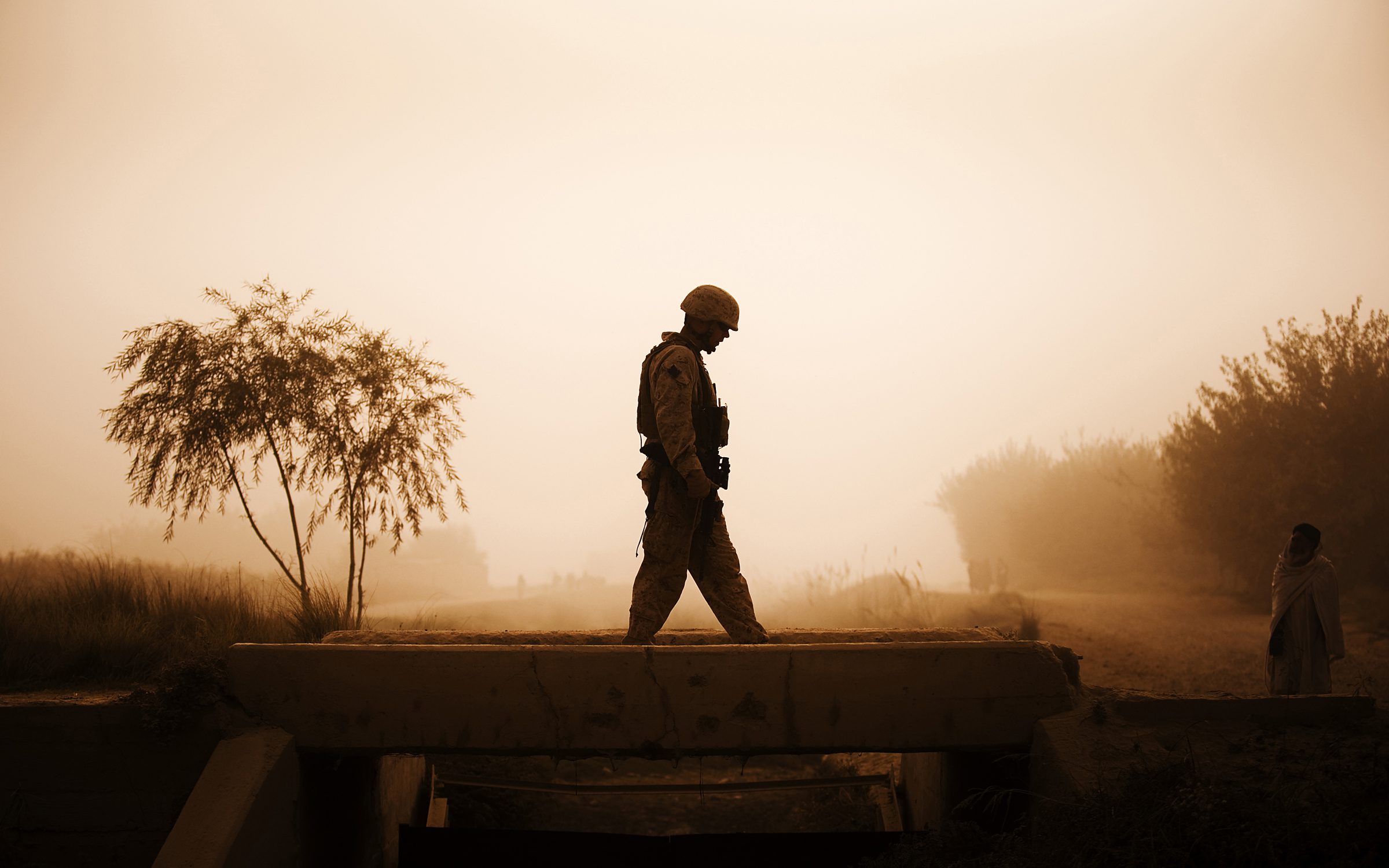
This reported op-ed argues that the War on Terror continues after the chaotic U.S. departure from Afghanistan.
By Caroline Gray, Senior Researcher
This article appeared in Teen Vogue on November 11, 2022.
The tragic and chaotic end to America’s longest war in August shocked many of us. How could this be the result of a 20-year war that cost over $2 trillion and the lives of more than 100,000 Afghans and 2,325 U.S. service members?
The Taliban took over Afghanistan’s capital faster than anyone anticipated. Desperate crowds of Afghans attempted to flee, some hanging onto U.S. aircraft as they took off. A bombing by an Islamic State affiliate killed nearly 200 Afghans and 13 U.S. service members. And a retaliatory U.S. drone strike in Kabul killed 10 civilians, including seven children. There are still many unanswered questions about the people left behind in Afghanistan and the uncertain future of the millions of Afghans displaced since the start of the war, including hundreds of thousands of refugees who recently fled the country.
For those of us who grew up in the shadow of the post-9/11 War on Terror, we have known nothing but the U.S. at war. We have watched U.S. presidents authorize troop deployments, with the false promise that “turning the corner” in Afghanistan was imminent. Not surprisingly, young Americans are increasingly wary of war — especially those who served on the front lines of these conflicts.
For some young U.S. service members the end of the war wasn’t a shock. “There was a moment where I was sobbing and just thinking, Of course it went this poorly,” said Pam Campos-Palma, 34, a U.S. Air Force veteran who served as an intelligence analyst in Iraq and Afghanistan. “Of course the end of this horrific 20-year questionable and unaccountable war ended in more violence and trauma.”
Read more of Caroline’s article in Teen Vogue.

Written by Caroline Gray
Caroline was a senior researcher with the Independent America project at the Institute for Global Affairs and producer of the podcast, None Of The Above.
Read more from Caroline
This post is part of Independent America, a research program led out by Jonathan Guyer, which seeks to explore how US foreign policy could better be tailored to new global realities and to the preferences of American voters.
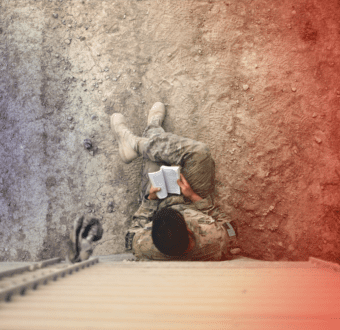
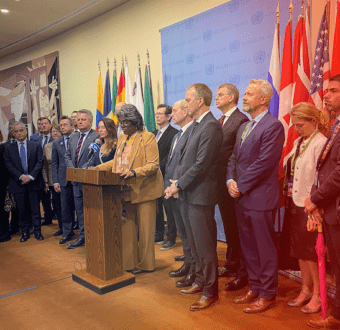
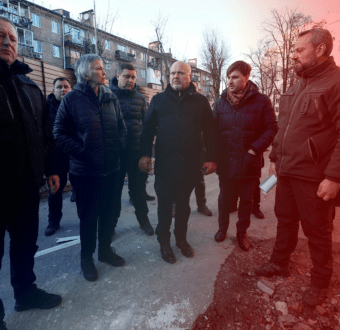

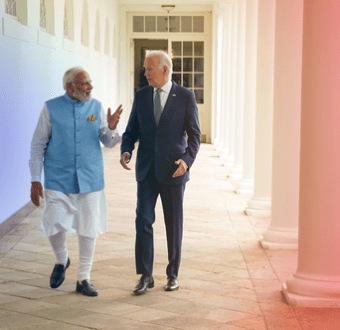
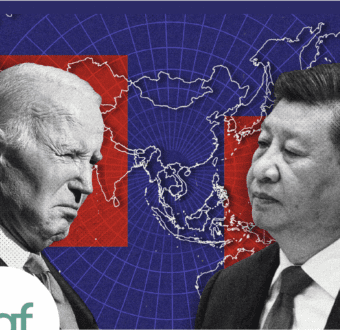
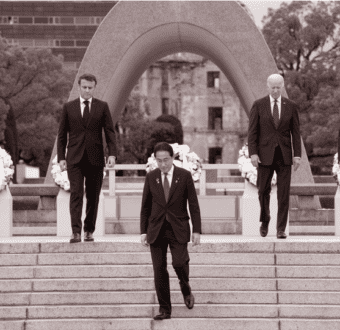
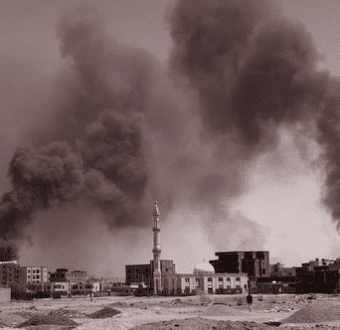

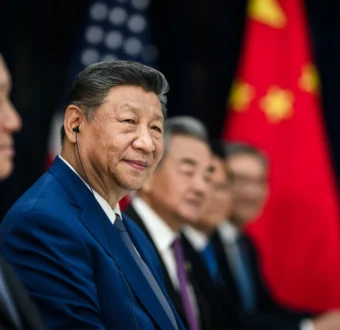
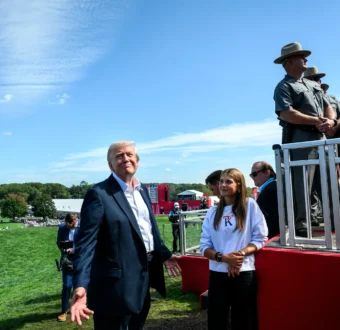



What Are Sanctions and How Do They Work? A History of US Economic Sanctions